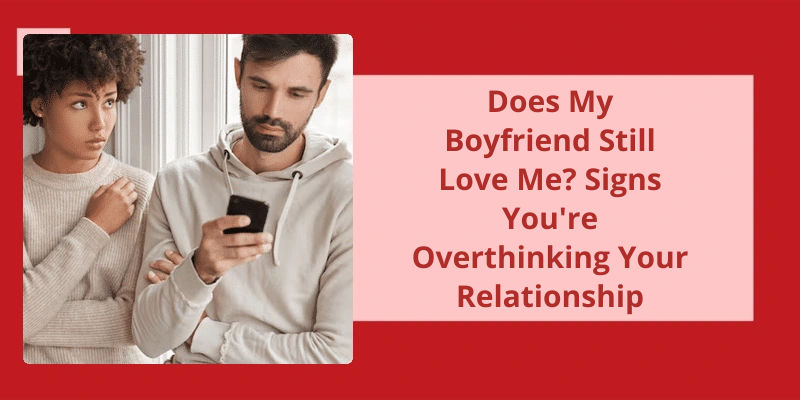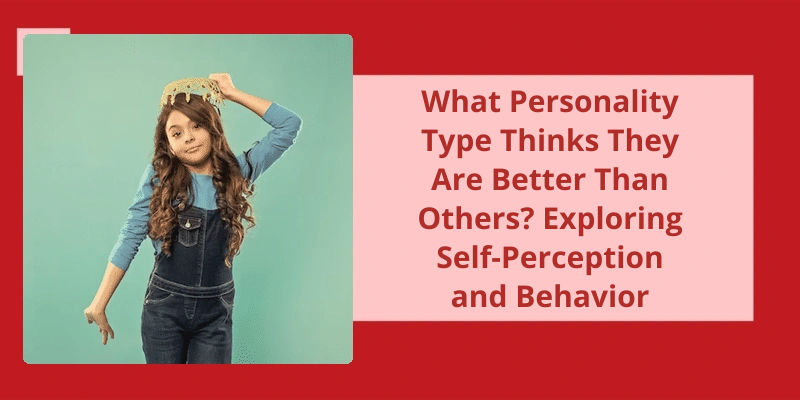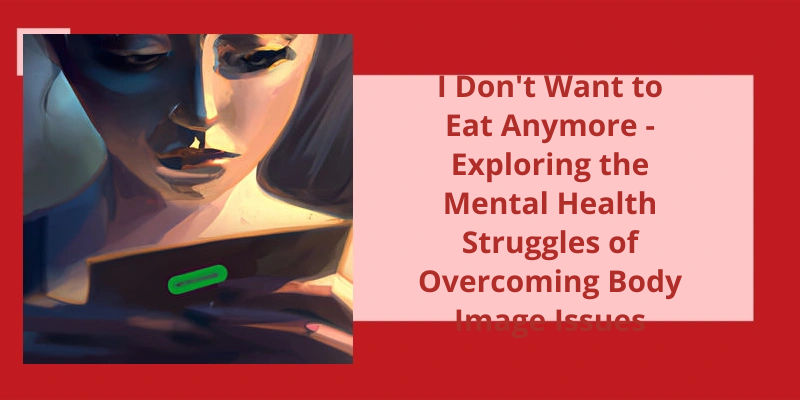Human emotions are complex and often unpredictable. When it comes to matters of the heart, it can be difficult to decipher the true intentions of your significant other. This is particularly true if you’re questioning whether your boyfriend still loves you or if you’re simply overthinking the situation. In relationships, doubts and insecurities can arise, causing you to question the strength of your bond. However, it’s essential to approach these feelings with an open mind and a willingness to communicate. By addressing these concerns head-on, you may be able to gain a clearer understanding of your relationship and the feelings that your boyfriend has towards you. It’s important to remember that relationships are a two-way street and require effort from both parties. So instead of worrying excessively, take the time to discuss any concerns with your boyfriend and work together towards building a strong and loving relationship.
How Do You Know if Your Boyfriend Still Loves U?
Does he seem genuinely interested in what you’ve to say? These are good signs that he still loves you.
Another way to gauge his feelings is to look at his actions. Does he make an effort to spend time with you? Does he go out of his way to surprise you or make you feel special? When youre together, does he seem focused and present in the moment? All of these things can indicate that he’s still invested in your relationship.
Of course, communication is key in any relationship. If youre unsure about where you stand with your boyfriend, it’s important to talk to him about it. Ask him how hes feeling and if he still loves you. Be open and honest about your own feelings as well. If you both are willing to listen and communicate, you can work through any issues and strengthen your relationship.
It’s also important to pay attention to any changes in his behavior or feelings towards you. If he suddenly becomes distant or seems less interested in spending time with you, it could be a sign that something is wrong. Similarly, if hes no longer affectionate or seems to take you for granted, it’s worth having a conversation about how youre feeling.
Ultimately, the best way to know if your boyfriend still loves you is to trust your instincts. If you feel happy and secure in your relationship, chances are he feels the same way. But if you’ve doubts or concerns, it’s important to address them sooner rather than later. By being honest and open with each other, you can build a strong and lasting bond that will weather any storm.
Taking an Objective Look at Your Relationship: Is It Really Working?
This article prompts readers to objectively evaluate their relationships to determine if they’re truly successful.
It’s important to approach the situation with empathy and understanding, as overthinking is often a symptom of anxiety or insecurity. However, it’s also important to communicate clearly with your partner and address any misunderstandings or assumptions they may have.
How Do You Know if Your Boyfriend Is Overthinking You?
Another sign that your boyfriend may be overthinking you is if he constantly seeks reassurance or affirmation from you. If hes always asking if everything is okay between you two or if you still love him, it’s a sign that hes doubting the relationship in his mind. While it’s important to communicate and reassure your partner, a constant need for reassurance can become exhausting and draining for both parties.
Overthinkers may also be prone to picking apart conversations or interactions between the two of you. They may obsess over every word said or every action taken, trying to decipher hidden meanings or ulterior motives. This can make it difficult to have a relaxed and easy-going relationship, as every interaction is overanalyzed and scrutinized.
This may manifest in small decisions like what to eat for dinner or larger decisions like where to live or whether to take a new job. Overthinkers often feel paralyzed by the fear of making the wrong choice and may become stuck in indecision.
It’s important to note that overthinking isnt necessarily a negative trait, but it can become a problem when it starts to impact the relationship. If youre finding that your partner is constantly overanalyzing and doubting the relationship, it may be helpful to have an open and honest conversation about how this behavior is affecting you both. Encouraging your partner to seek therapy or counseling can also be helpful in managing overthinking tendencies.
Ultimately, it’s important to remember that relationships require trust, communication, and a willingness to let go of control. While it’s natural to want to analyze and question things, it’s important to strike a balance between introspection and spontaneity. By working together and being mindful of each others needs and tendencies, you can create a happy and healthy relationship.
It’s natural to have some worries and doubts about your relationship, but when those thoughts become overwhelming and start to dominate your thinking patterns, it could be a sign that you’re overthinking things. Relationship anxiety can make you feel uncertain and insecure about your partner’s intentions and actions, even when there’s no evidence to suggest anything is wrong. So how do you know if you’re overthinking your relationship?
How Do You Know if You Are Overthinking Your Relationship?
But constantly analyzing every little behavior can also be a sign that you’re overthinking your relationship. When you find yourself constantly analyzing, overthinking, and questioning everything your partner does or says, it can become a burden on your relationship. It’s natural to want clarity and understanding in a relationship, but too much analysis can lead to anxiety and doubt, making it difficult to trust your partner and your own instincts.
Another sign that you might be overthinking your relationship is when you find yourself feeling anxious or stressed about the relationship frequently. You may have intrusive thoughts that create fear and uncertainty, leading to increased worry. The anxious thoughts and feelings can be intense and persistent, leading to struggles with self-doubt, insecurity, and jealousy. Overthinking can leave you feeling powerless and unsure about the future of your relationship.
Additionally, if youre constantly seeking reassurance from your partner, it could be a sign of overthinking. While it’s natural to seek reassurance occasionally, needing constant validation can be overwhelming for both you and your partner. It can strain the relationship and create a cycle of anxiety and doubt. If you find yourself frequently seeking reassurance, consider taking a step back and exploring why you feel the need for this kind of validation.
If you find yourself constantly criticizing your partner or searching for flaws in the relationship, you may be overthinking things. It’s important to remember that relationships arent perfect, and every one comes with ups and downs. It’s normal to have disagreements and challenges from time to time. However, if youre constantly fixated on the negative aspects of your relationship and unable to appreciate the positive, it may be a sign that youre overthinking things.
Lastly, if you find yourself ruminating on past arguments or past relationship issues, it could be a sign of overthinking and anxiety. It’s important to work through conflicts that arise in a relationship, but constantly replaying them in your head or bringing them up repeatedly can create a toxic cycle thats hard to break. It’s important to learn from past mistakes but to move on and focus on the present and building a healthy and happy relationship together.
The Potential Negative Effects of Overthinking on Mental Health and Well-Being
Overthinking refers to the excessive and persistent fixation on thoughts, events, or situations, and it can have negative impacts on one’s mental health and well-being. Consequences of overthinking can include heightened anxiety, stress, and depression. It’s important to be mindful of and manage overthinking to promote mental clarity and emotional balance.
Source: Relationship Anxiety: 16 Signs and Tips – Healthline






